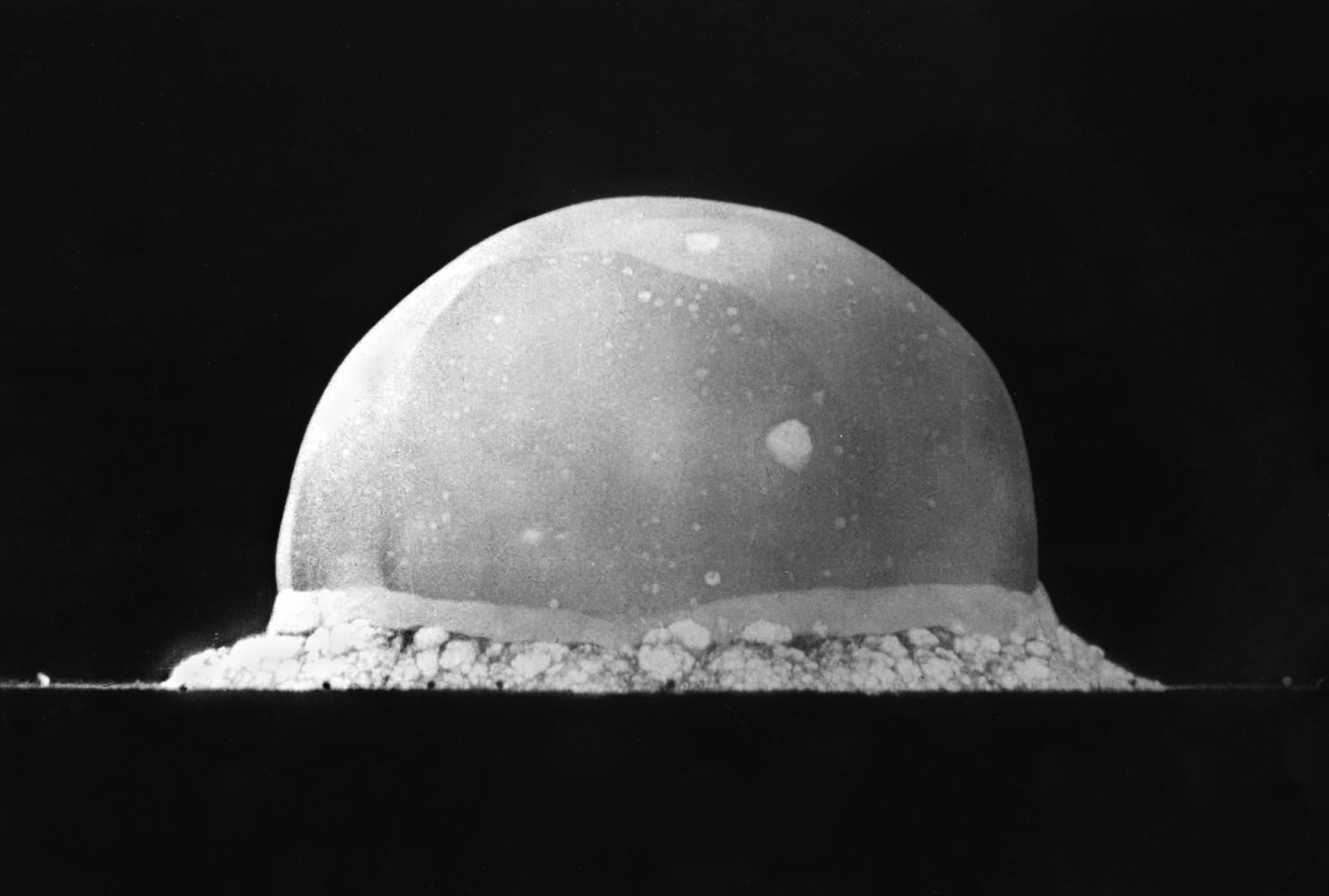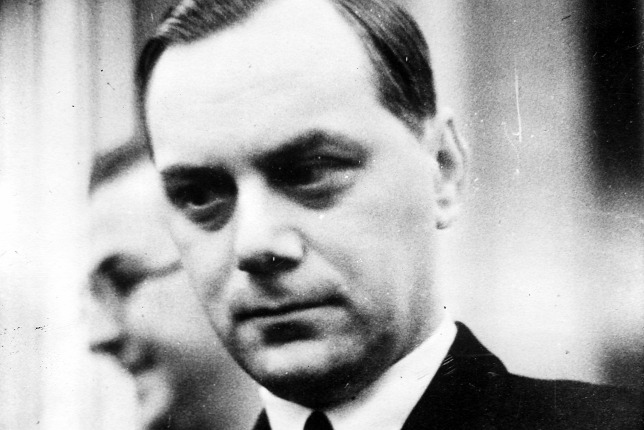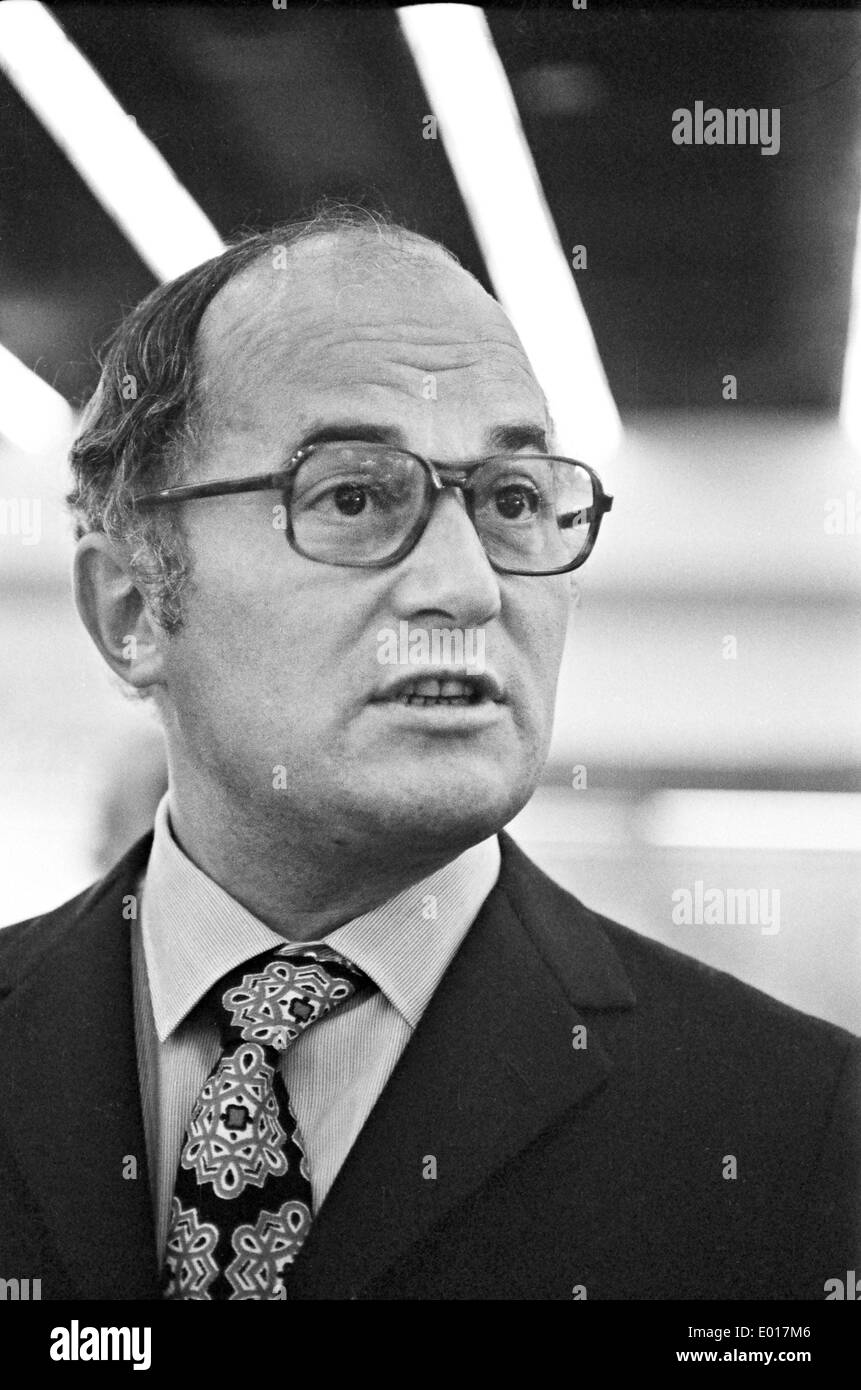Hess Speaks
“Concerning the German economic crisis, your circle of elites didn’t see it coming?”
“No, that wasn’t our primary concern in late 1950, as you can imagine. We had the Eastern Front more or less completely lost at this point. And then during the autumn of 1950, it slowly became clear that we had a depression going on; inflation became hyperinflation, pretty much every worker outside the war industrial scene suddenly found themselves going from middle class into some serious trouble. It became apparent at the same time that the food shortages were much worse than predicted, the land the state owned could not feed the population. We had been encouraging a growth rate for mothers that lead to a surplus of children. And those children became starving children.”
“Now, you were aware at the time that the people were taking to the streets in protest, mass protest. What was the government response and the logic behind it from Rosenberg?”
“He thought the riots were not an organic protest, but rather that they sprouted from a foreign opposition, that they were engendered by the Jews, the Americans, the Communists. He went on denying the issues involved. Now, at this point we had hundreds of thousands of jobless men and women marching in the streets, unable to buy food. I told him about my own concerns with this, and he replied that ‘Soon, things will be fixed…’ there will be no more stomachs to feed.”
“And a few hours later, the police began shooting into the grounds and rounding up the protesters?”
“Yes.”
“Were you involved in authorization of the state-sponsored “disappearances’ of thousands of German citizens?”
“No… I did not even see it as a necessary evil. It was a mindless assault back upon the people. And it began to be thought if this is to be our own reaction to our own citizens, what blood will spill when the Allies reach our borders? We… were too incompetent with him as a leader at this time…”
“This disturbed you?”
“I think it was clear then that we had created a monster that was destroying Germany itself and unable to defend us. The issue was that he had been in power for over a decade now. Even unpopular dictators do not go easy.”
“And you hear whispers at this stage about leading a coup against Rosenberg and replacing him with a leader who would request to surrender rather than fight to the end?”
“Yes, a coup against Rosenberg, for the sake of the German people. We thought that this would be the sole way to see Nazi ideology survive. You had mass unrest in all the cities from the economy collapsing, that and a war combined, we could not handle it…”
“What should then have occurred to you if this coup failed?”
“Well, we had received, since the elections of the Nationalists some quiet support from some South African politicians. If then there was no safety left in Germany were the coup to occur, I was to take the ratline with my family to the mountains of the cape…”
-excerpt from a 1952 filmed interview shown at the trial of Rudolf Hess

“No, that wasn’t our primary concern in late 1950, as you can imagine. We had the Eastern Front more or less completely lost at this point. And then during the autumn of 1950, it slowly became clear that we had a depression going on; inflation became hyperinflation, pretty much every worker outside the war industrial scene suddenly found themselves going from middle class into some serious trouble. It became apparent at the same time that the food shortages were much worse than predicted, the land the state owned could not feed the population. We had been encouraging a growth rate for mothers that lead to a surplus of children. And those children became starving children.”
“Now, you were aware at the time that the people were taking to the streets in protest, mass protest. What was the government response and the logic behind it from Rosenberg?”
“He thought the riots were not an organic protest, but rather that they sprouted from a foreign opposition, that they were engendered by the Jews, the Americans, the Communists. He went on denying the issues involved. Now, at this point we had hundreds of thousands of jobless men and women marching in the streets, unable to buy food. I told him about my own concerns with this, and he replied that ‘Soon, things will be fixed…’ there will be no more stomachs to feed.”
“And a few hours later, the police began shooting into the grounds and rounding up the protesters?”
“Yes.”
“Were you involved in authorization of the state-sponsored “disappearances’ of thousands of German citizens?”
“No… I did not even see it as a necessary evil. It was a mindless assault back upon the people. And it began to be thought if this is to be our own reaction to our own citizens, what blood will spill when the Allies reach our borders? We… were too incompetent with him as a leader at this time…”
“This disturbed you?”
“I think it was clear then that we had created a monster that was destroying Germany itself and unable to defend us. The issue was that he had been in power for over a decade now. Even unpopular dictators do not go easy.”
“And you hear whispers at this stage about leading a coup against Rosenberg and replacing him with a leader who would request to surrender rather than fight to the end?”
“Yes, a coup against Rosenberg, for the sake of the German people. We thought that this would be the sole way to see Nazi ideology survive. You had mass unrest in all the cities from the economy collapsing, that and a war combined, we could not handle it…”
“What should then have occurred to you if this coup failed?”
“Well, we had received, since the elections of the Nationalists some quiet support from some South African politicians. If then there was no safety left in Germany were the coup to occur, I was to take the ratline with my family to the mountains of the cape…”
-excerpt from a 1952 filmed interview shown at the trial of Rudolf Hess

Last edited:





